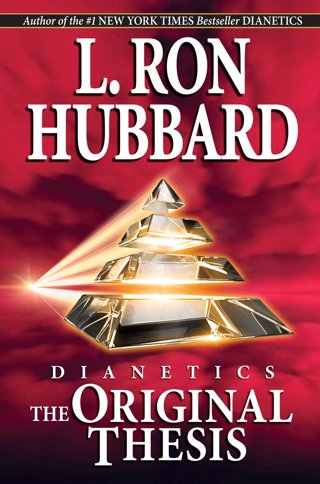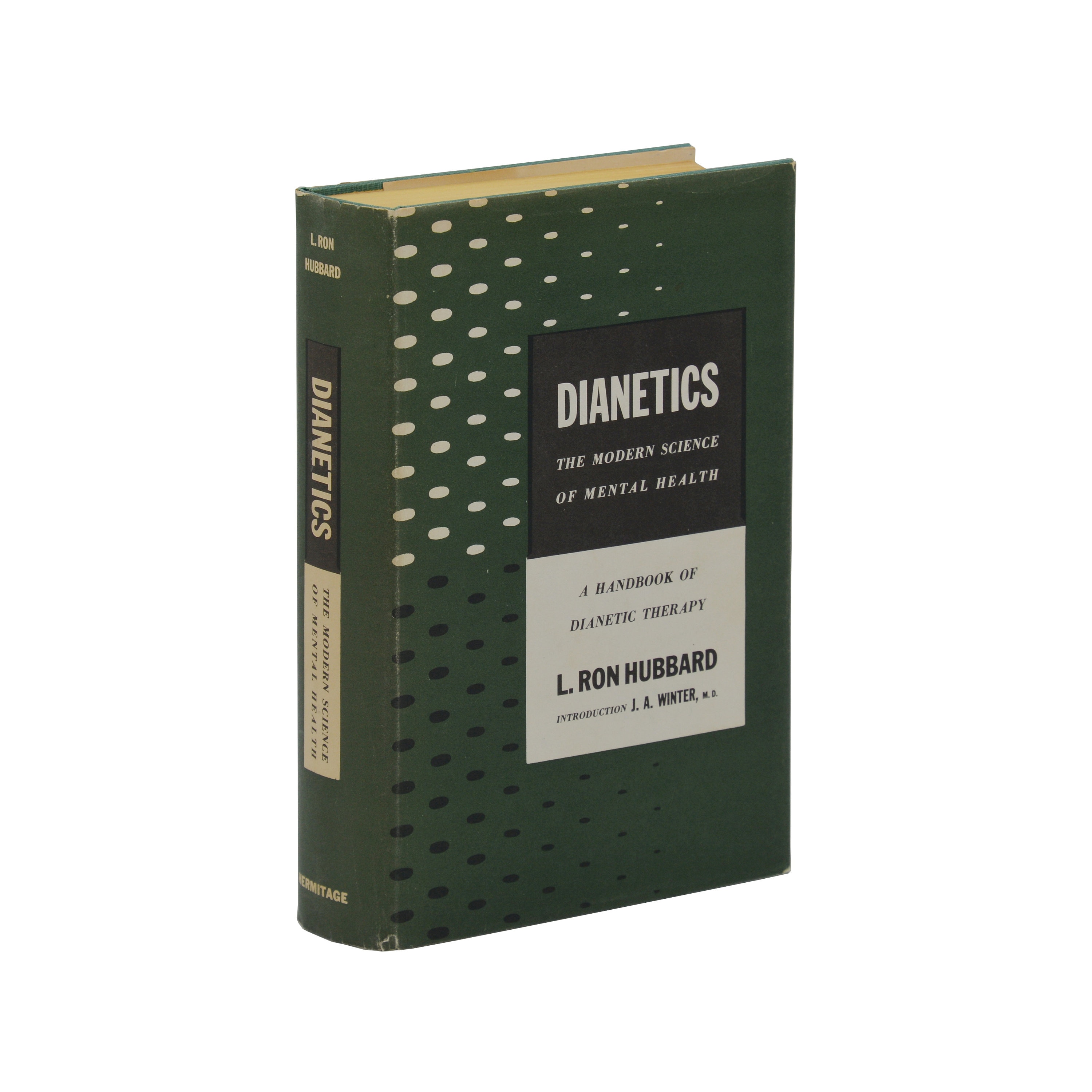Dianetics Fundamentals Explained
Dianetics Fundamentals Explained
Blog Article
The Basic Principles Of Dianetics
Table of ContentsDianetics - TruthsExcitement About DianeticsAll about DianeticsDianetics Can Be Fun For Everyone
I couldn't ever before not wish to receive anything that comes to mind for you- if it was or else, I would not be resting right here with you, doing this. I not only could never ever have a problem, or not intend to hear something that enters your mind for you, but I'm completely anxious to understand every idea, every thought, every picture or feeling that arises or shows up for you- do not ever before believe otherwise, and if for one reason or another you do, please simply let me understand! Often, you may have a thought, and image, idea or incident turn up that does not appear to answer the question, or connect to it, yet nonetheless, constantly do inform me regarding it, and as we proceed, the importance will certainly emerge for you.This is fundamental in the basis of processing, and the subject of this discussion: the fundamental roles of the counselor and the client: The standard function of the therapist is, in contrast to "basic training", not to manage, which suggests to enforce and/or hinder, yet to instead function from the basis of EMPOWERING THE CUSTOMER.

The Facts About Dianetics Uncovered
John Mcmasters revealed this standard fact wonderfully well in among his talks on Power processing, where he clarifies exactly how he was asked what this "special propensity" was that he had for providing such wonderful sessions; he needed to think regarding that for a minute, and identified that it was what he had not been doing, in addition to what he was doing: he had not been evaluating, judging, computer, or in fact, producing any type of thoughts, let alone verbal expressions, after providing the command and while awaiting the PC to complete their response to their fulfillment; he was, just and just, being present with the computer, and entirely interested.
The duty of the therapist, showed; that was his "unique propensity". I have actually had my very own experience which showed me this well, really at an early stage in the video game. Click Here In 1982, having just recently finished my training and teaching fellowship on New Period Dianetics, I was running this on a PC, and there was a factor in the session where (being a little bit damp behind the ears not yet having numerous hours under my belt as an expert auditor) the PC seemed to be "taking too lengthy" to share anything verbally after I provided him a command.
This trick ended up being the most beneficial contribution that John ever made to the topic of therapy or bookkeeping (Dianetics). In my simple opinion, it is the biggest payment that anybody has actually ever before made to these subjectsthe application is entirely non-judgemental, non-evaluative, and lacking any suggestion, suggestions or opinion.no preconditioned program for individuals, or 'levels' that they have to do
In Idenics, the only resource of information regarding a client is the private client. In Scientology we prided ourselves on not reviewing for individuals. All that truly suggested was that the auditor did not VERBALLY evaluate for the PC in session. The registrars and principles officers evaluated for the PC.
Top Guidelines Of Dianetics

Anybody that had ever before seen John audit can not aid look at this web-site however notice a distinct high quality in his auditing."The customer's standard role is to be there with the purpose of relocating the direction of their spiritual objectives, and to easily and fully reveal and experience whatever shows up for them in responding to the concerns and executing the instructions in the handling.
This is something to procedure as needed. Additionally, people regularly have prior experience and/or indoctrination in auditing/processing which, in some means, and to some degrees, actually deceives them into attitudes, ideas and habits patterns that stop the complete realization of these roles, and so they will have a tendency to hinder the expressing of what comes to mind, as in the examples provided above - Dianetics. * The first, and maybe foremost instances of mis-indoctrination resulting in much less than completely smooth and effective sessions, can be located in particular facets of the training routines, or "TR's":"TR's" are usually a person's initial, or a minimum of early, experience in Scientology, and while I will certainly go on to describe what I view as the imperfections in concept and practice, nonetheless, often tend to be considerably therapeutic, done as they are given (Hubbard firmly insists that "TR's are not processing, they are training", however factually, they are both processing AND training)
There is no "flunking", and no rejection of the fact of this being handling. The focus, as it ought to be, is on experiencing the various other person's existence.
All About Dianetics

Report this page